People Who Experience These 9 Common Types Of Pain Often Have Trouble Regulating Their Emotions
The secret truth behind your physical pain.
 Stephanie Verhart | Canva
Stephanie Verhart | Canva If you've experienced any of these types of pain, this is what your body (and your mind) wants you to know. When a part of your body hurts, it's more than likely that something else is wrong as well. It's always good to get it checked out if it doesn't let up or it's starting to cause you some anxiety.
The cycle of pain and emotions is interconnected. Emotions may also directly impact physical changes. Another challenge is that most people might feel discredited when they show intense emotions in the context of their circumstances. Knowing the underlying emotional root of your pain might help you regulate your physical, mental, and emotional distress.
People who experience these types of pain have trouble regulating their emotions:
1. Pain in your head
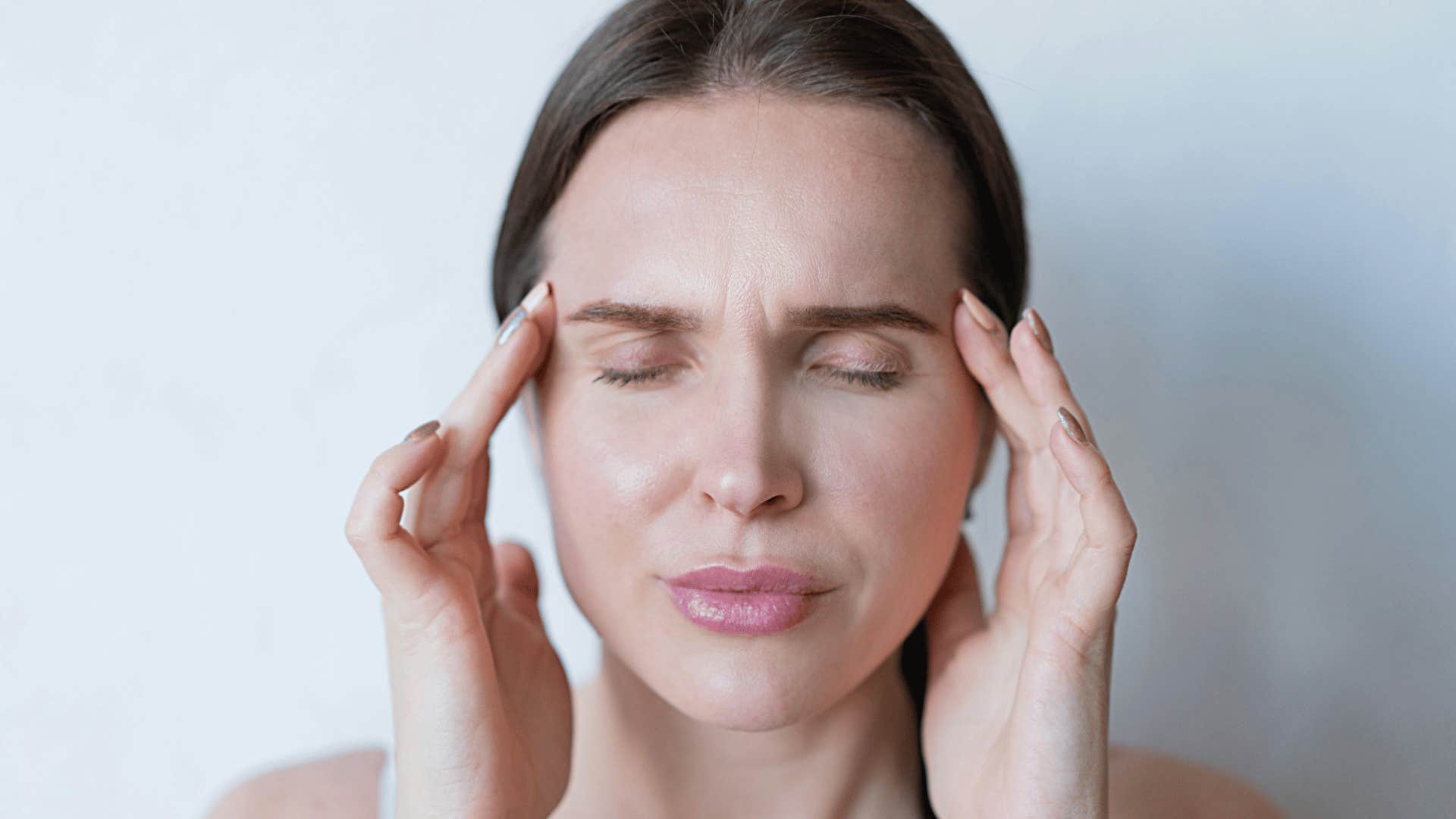 Oleksandr P / Pexels
Oleksandr P / Pexels
Pain in your head, like headaches, can be caused by the stresses of the day. Take some time to relax and ease the stress every day. Run a bath, light a candle, or even just simply close your eyes and focus on your breathing.
Tension headaches show that individuals with difficulties managing emotions experience increased headache frequency and severity. This is often due to the heightened muscle tension associated with stress and anxiety, which can arise from poor emotional control. An analysis published in Neurological Science further supports this, showing that individuals with alexithymia - difficulty identifying and expressing emotions - are more prone to recurrent headaches.
2. Pain in your neck
 Kindel Media / Pexels
Kindel Media / Pexels
If you feel pain in your neck, you may have trouble forgiving others or yourself. If you're feeling neck pain, consider the things you love about people. Take time to consider all that you love about the people around you, and if it's worth being so mad over that it's causing your neck pains.
Forgiveness isn't about the person who hurt you, but rather allowing yourself to heal and move on. Here's what we 'give up' when we forgive, according to life coach Ed Latimore. "We give up our need for vindication, our desire for retribution, and our thirst for revenge. Any negative feelings we hold towards the past and the people in it let them go," he explained. "We are, literally and figuratively, wiping our emotional ledgers clean and abandoning the idea that we're owed anything from anyone for the pain we've experienced."
3. Pain in your shoulders
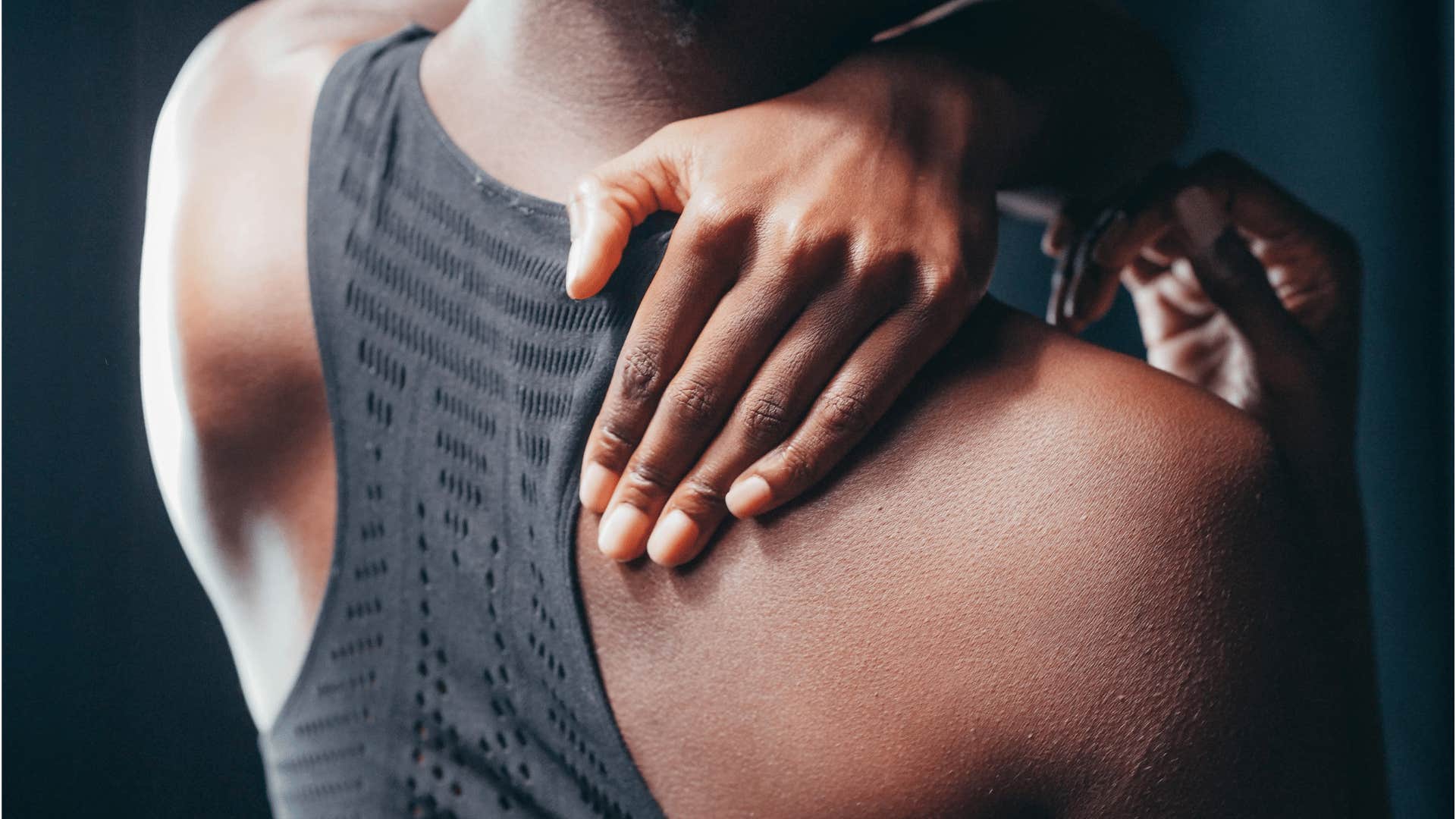 Kindel Media / Pexels
Kindel Media / Pexels
Shoulder pain may indicate that you're carrying a heavy emotional burden. That's where the saying "shouldering a problem" comes from. Focus on proactive problem-solving and distributing some of that burden to other people in your life.
4. Pain in your upper back
 Andrea Piacquadio / Pexels
Andrea Piacquadio / Pexels
Upper back pain means you don't have enough emotional support. You may feel unloved and unwanted. If you're single, this may mean it's time to go out on a date or two.
5. Pain in your lower back
 MART PRODUCTION / Pexels
MART PRODUCTION / Pexels
Lower back pain might mean you're too worried about money. It may be a good time to ask for that overdue raise or consider a financial planner.
Certified financial coach Pegi Burdick advises clients to start by making a list of essentials and non-essentials. She explained that this step leads to "taking control of yourself and your spending, which reduces feelings of shame." She concluded that the bottom line is feeling more confident.
6. Pain in your elbows
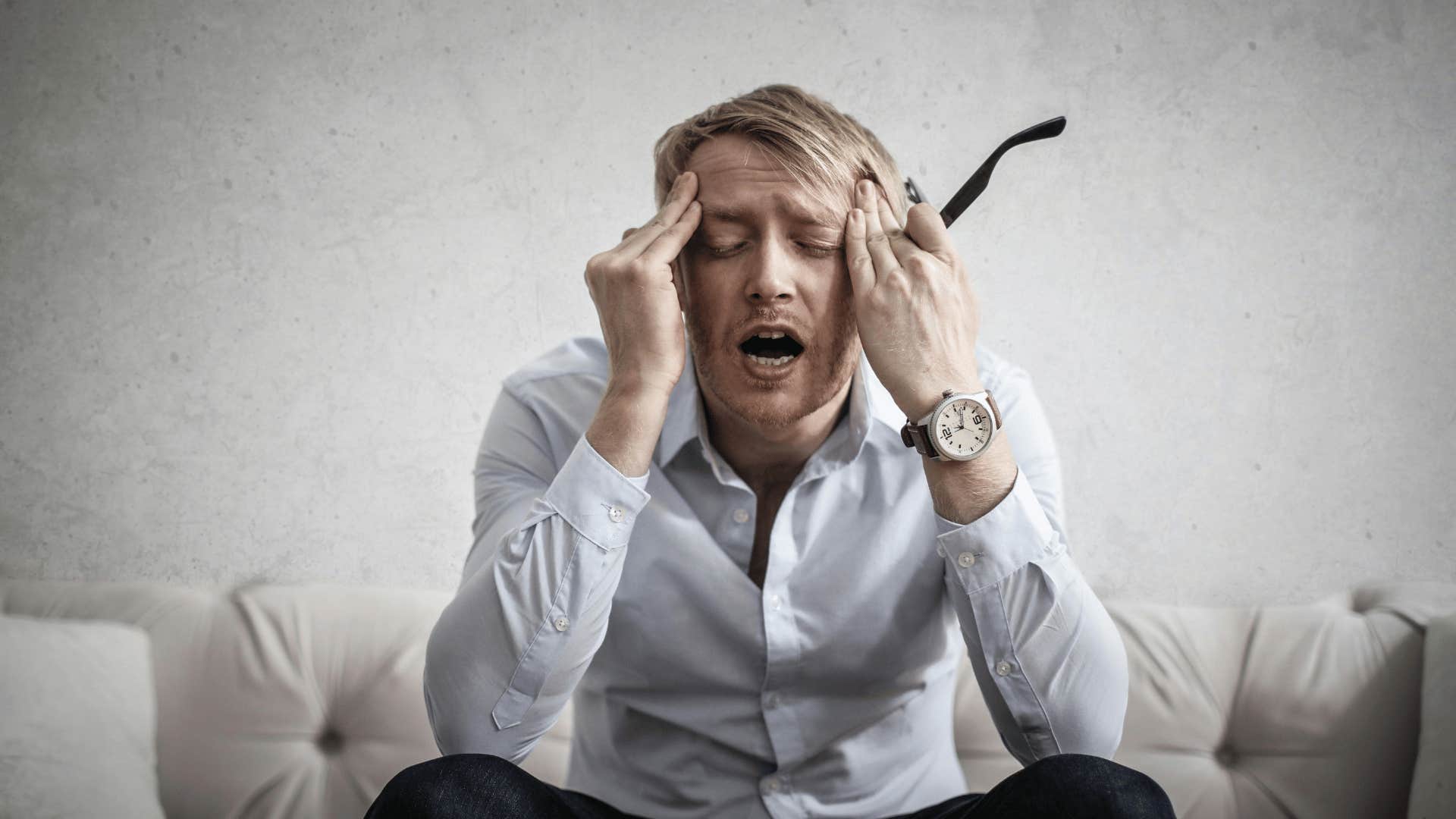 Andrea Piacquadio / Pexels
Andrea Piacquadio / Pexels
Elbow pain speaks to your resistance to change in your life. If you have stiff arms, you may have a stiff life as well. Make compromises and shake things up a little bit.
7. Pain in your hands
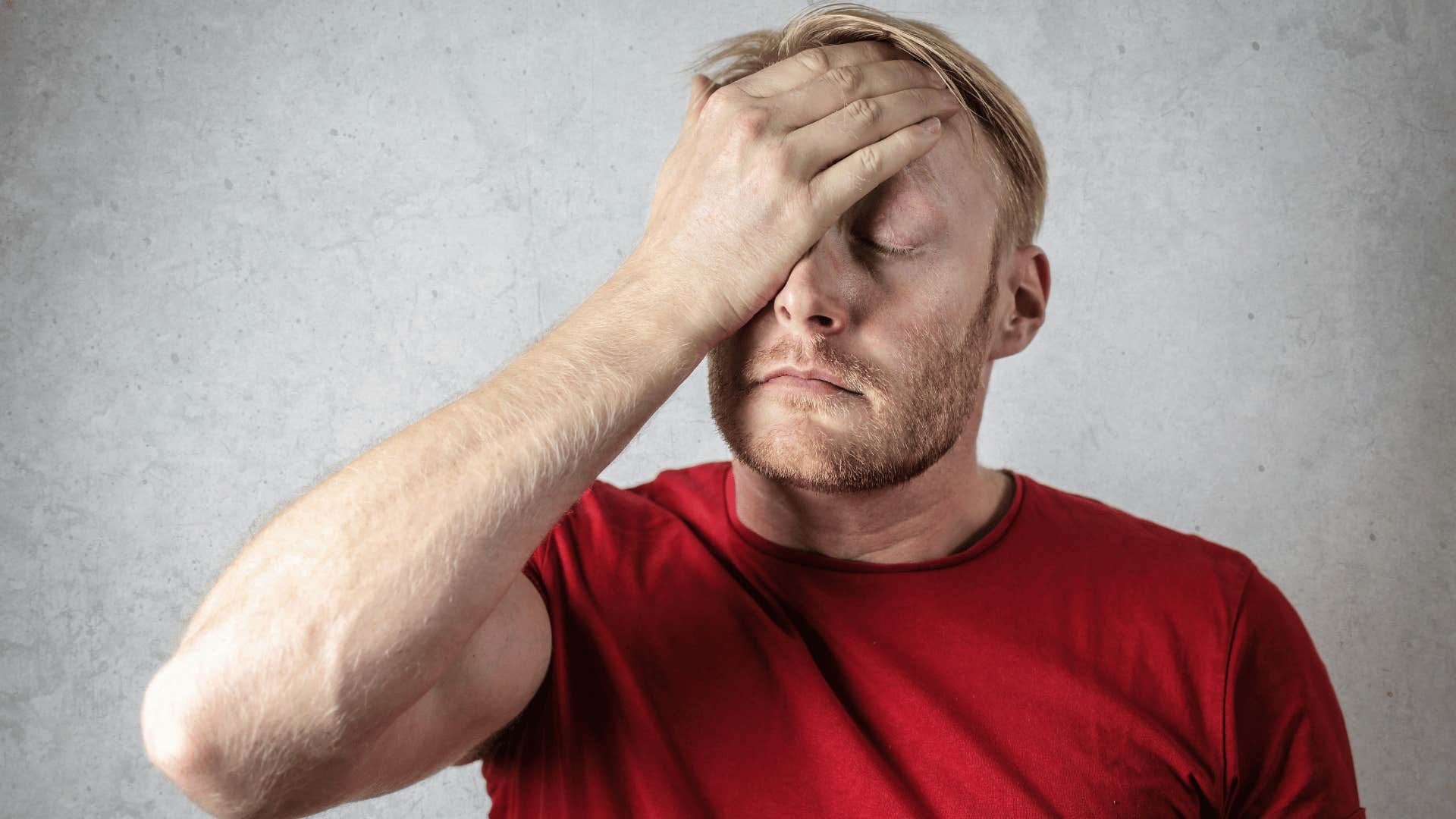 Andrea Piacquadio / Pexels
Andrea Piacquadio / Pexels
Hand pain means you may not be reaching out to others in the way you should be. Consider making new friends, having lunch with a co-worker, and making a new connection.
Having social connections is good for your mental, and physical well-being. One 2015 study finds that social support and feeling connected can help people maintain a healthy body mass index, control blood sugars, improve cancer survival, decrease cardiovascular mortality, and more.
8. Pain in your hips
 Alena Darmel / Pexels
Alena Darmel / Pexels
Hip pain means you're too scared of moving. Sore hips could indicate that you're resistant to moving on and changing. You might be too cautious when making decisions.
9. Pain in the knees
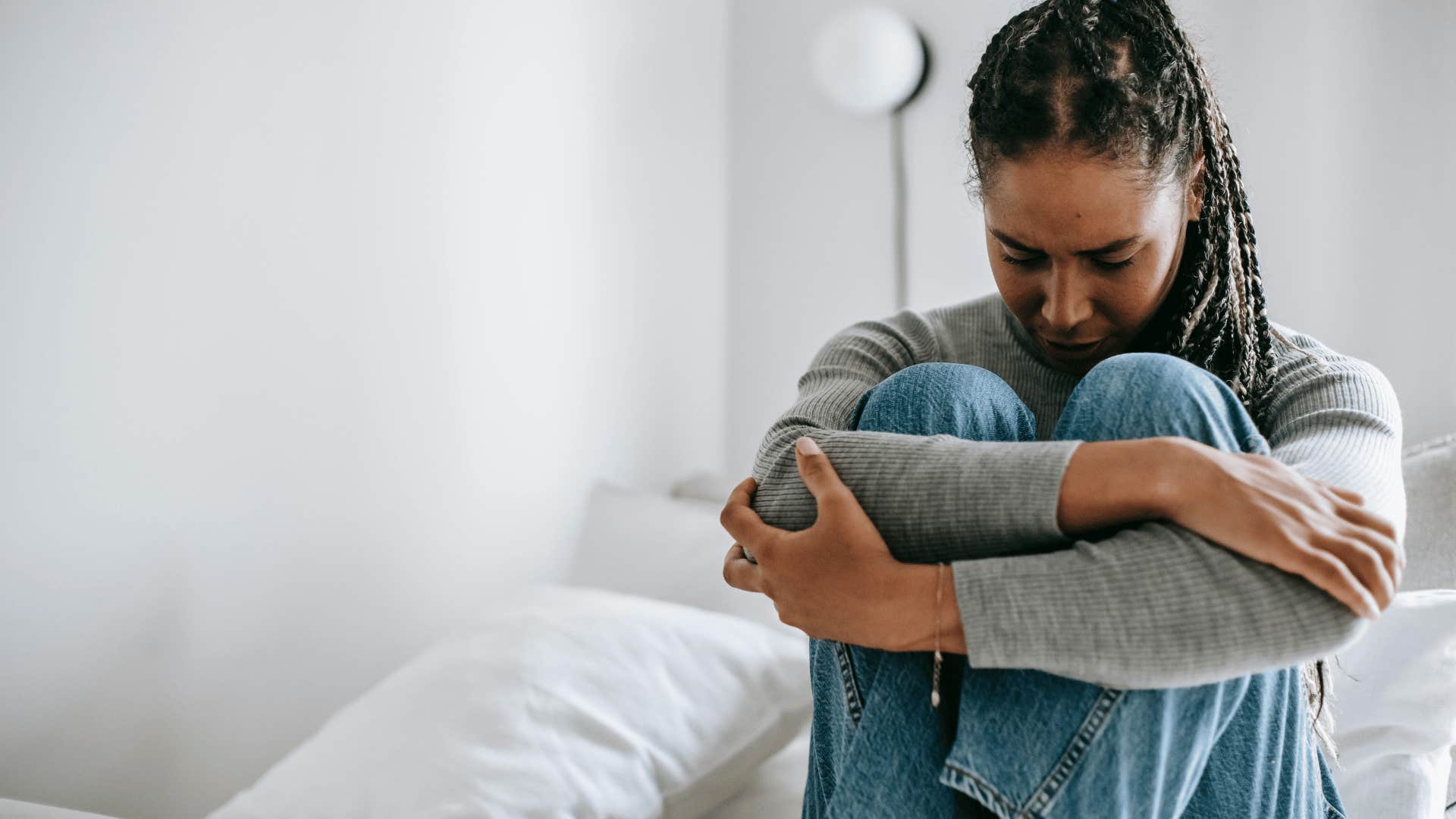 Alex Green / Pexels
Alex Green / Pexels
Knee pain can be a sign that your ego is too big and that you think of yourself too highly. Humble yourself. Spend some time volunteering. Remember, you're mortal.
A 2021 study found a strong correlation between chronic knee pain and adverse mental health outcomes, with depression being the most consistently linked. The connection shows that individuals experiencing knee pain are more likely to report depressive symptoms, and depression can even exacerbate knee pain intensity and functional limitations.
Higher Perspective seeks to unite like-minded individuals focused on personal growth and expanding their consciousness.

